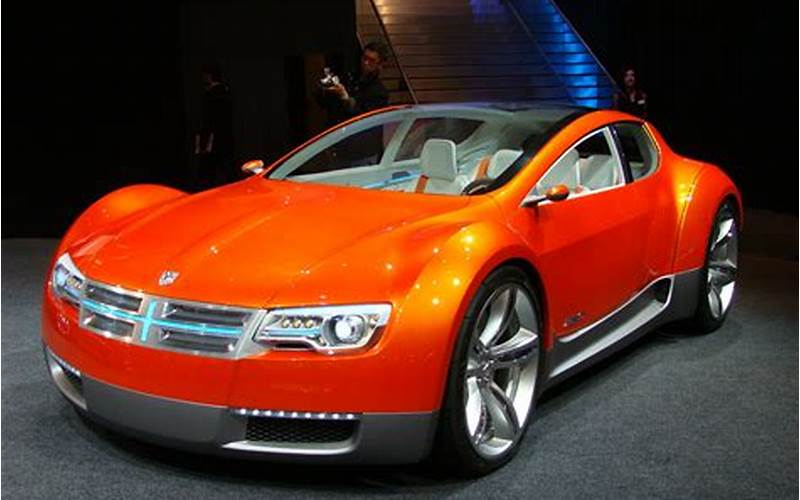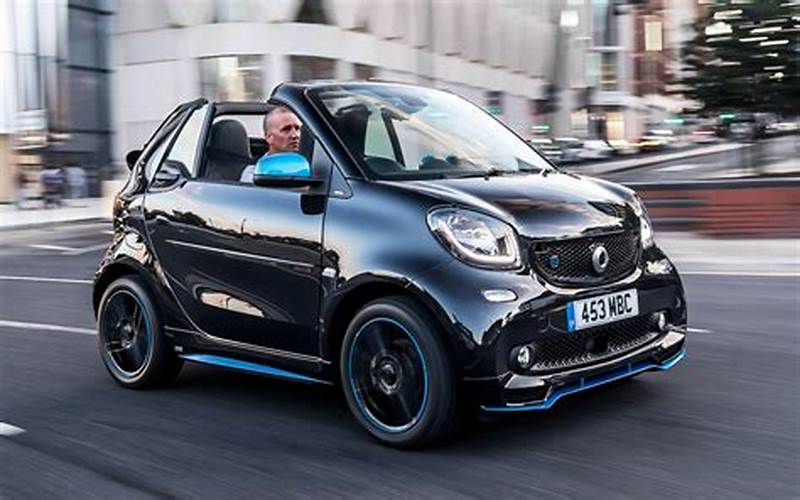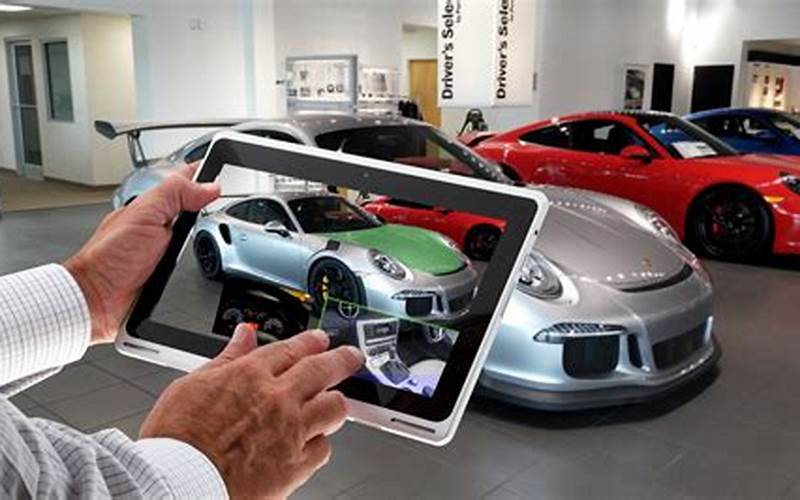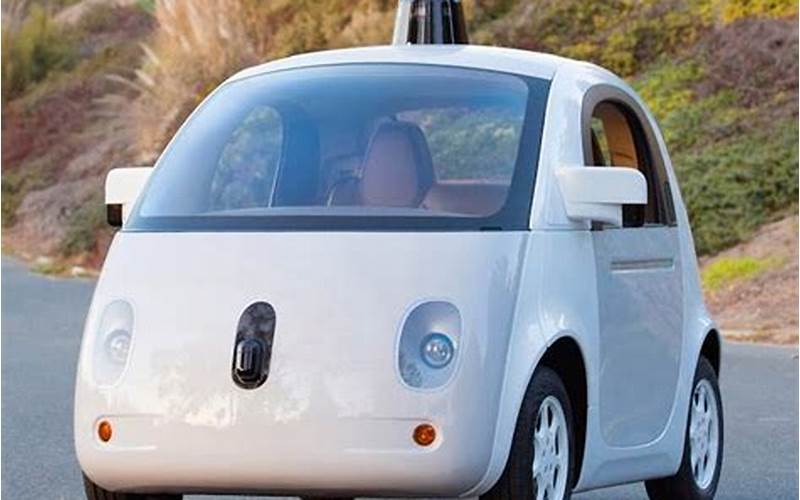Contents
The Rise of Self-Driving Cars
Self-driving cars are set to revolutionize the way we travel, and by 2025, they will be a common sight on our roads. These cars will use a combination of sensors, cameras, and machine learning algorithms to navigate the roads without the need for human intervention. This will lead to a significant reduction in road accidents and fatalities, as well as a decrease in traffic congestion.
The Shift to Electric Cars
The future of autocars is also electric. By 2025, electric cars will become the norm, with more people opting for them over traditional petrol or diesel vehicles. This shift towards electric cars is due to the increasing concern over the environment and the need to reduce carbon emissions. Electric cars are not only better for the environment, but they are also more cost-effective in the long run, as they require less maintenance and have lower fuel costs.
The Emergence of Smart Cars
Smart cars are another exciting development in the autocar industry. By 2025, cars will be equipped with advanced technology that will allow them to communicate with other vehicles on the road, as well as with surrounding infrastructure such as traffic lights and road signs. This will enable them to make more informed and efficient decisions, leading to a smoother and safer driving experience.
The Integration of Augmented Reality
Augmented reality is set to play a significant role in the future of autocars. By 2025, cars will be equipped with heads-up displays that will provide drivers with real-time information about their surroundings. This will include navigation instructions, traffic updates, and even information about nearby points of interest. This will not only make driving more convenient but will also enhance the overall driving experience.
Shared mobility is another trend that is set to shape the future of autocars. By 2025, we can expect to see more people opting for shared car services, such as car-sharing and ride-sharing. This trend is driven by the increasing cost of car ownership, as well as a growing preference for more sustainable forms of transportation. Shared mobility will also lead to a reduction in traffic congestion and will help to make our cities more livable.
The Impact on Jobs
The rise of self-driving cars and other advanced technologies will have a significant impact on the job market. While these technologies will create new jobs in areas such as software development and data analysis, they will also lead to a decline in jobs in industries such as trucking, taxi driving, and delivery services. Governments and businesses will need to take steps to ensure that workers are retrained and have access to new employment opportunities.
The Challenges Ahead
While the future of autocars is exciting, there are also many challenges that need to be addressed. One of the biggest challenges is ensuring that these technologies are safe and reliable. There is also a need to address concerns around data privacy and cybersecurity. Governments and businesses will need to work together to establish regulations and standards that ensure the safety and security of these technologies.
The Bottom Line
The future of autocars is bright, and by 2025, we can expect to see significant advancements in self-driving cars, electric cars, smart cars, and shared mobility. These developments will not only make driving more convenient and efficient but will also help to make our cities more livable and sustainable. However, there are also many challenges that need to be addressed, and it will be important for governments and businesses to work together to ensure that these technologies are safe, reliable, and accessible to all.

